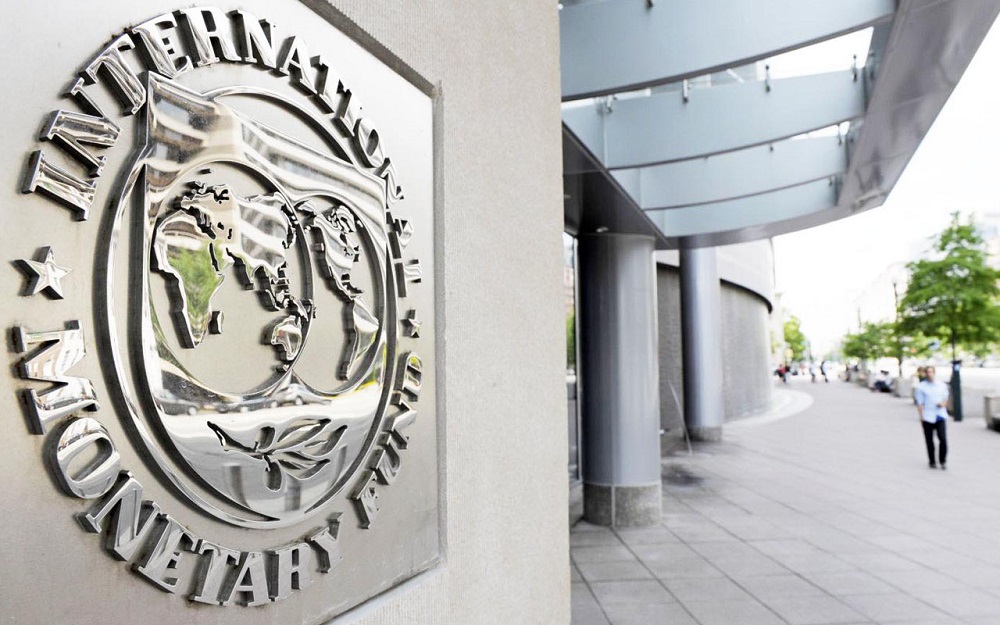Tunis – An International Monetary Fund (IMF) mission has kicked off a new phase of talks with Tunisian authorities on the advancement of economic reforms, as part of the loan agreement.
The mission asserted that the IMF will maintain its support for the economic reforms, which will accelerate the development pace in Tunisia.
During his meeting with Ziad Al-Athari, minister of international cooperation and development on Friday, the mission’s head Bjoern Rother praised the efforts of Youssef al-Shahed’s government over the few past months to preserve financial balances.
Athari stressed the importance of the IMF’s understanding of the difficult economic situation in the country, highlighting its role in cooperating Tunisia in this phase to ensure the success of its nascent democratic experience.
The government is determined to promote investment as a cornerstone to enhance growth and wealth, work on supporting the public-private partnerships as a mechanism to accelerate the completion of important projects and decrease the financial pressures on the state budget.
The IMF’s mission’s visit to Tunisia comes as part of a review of the economic reforms and funding of $2.9 billion allocated to support the economic reform program.
Ezzeddine Saidan, a Tunisian economist said: “The IMF mission has not come to Tunisia for tourism, but to look at the developments of the Tunisian economic situation, aims of the draft fiscal law for the coming year, and the most important economic axes proposed within the structural reform program, along with preparing for the completion of the second review of the economic program supported by the Fund in the framework of facilitating the loan.”
He added that Tunisia has prepared for this visit by establishing a new ministerial portfolio, the Ministry of Economic Reform, which may convince the IMF to pay the third installment of the loan before the end of November.
Saidan expected that the IMF will eventually approve the new installment of the loan, after a short period of pressure on the Tunisian authorities to stress the importance of economic reforms for the Tunisian economy to achieve a real recovery.
Tunisia received the first and second installments of the IMF loan, valued at $ 628.8 million. Now, it is waiting the Fund’s approval on paying the third installment, which is estimated at nearly $370 million (about 875 million Tunisian dinars).
According to most economic observers in Tunisia, the country deeply needs those loans paid in hard currency to revive the local economy, cover part of the budget deficit after the collapse of the Tunisian dinar and survive the slow economic growth and the instability of the trade balance.
